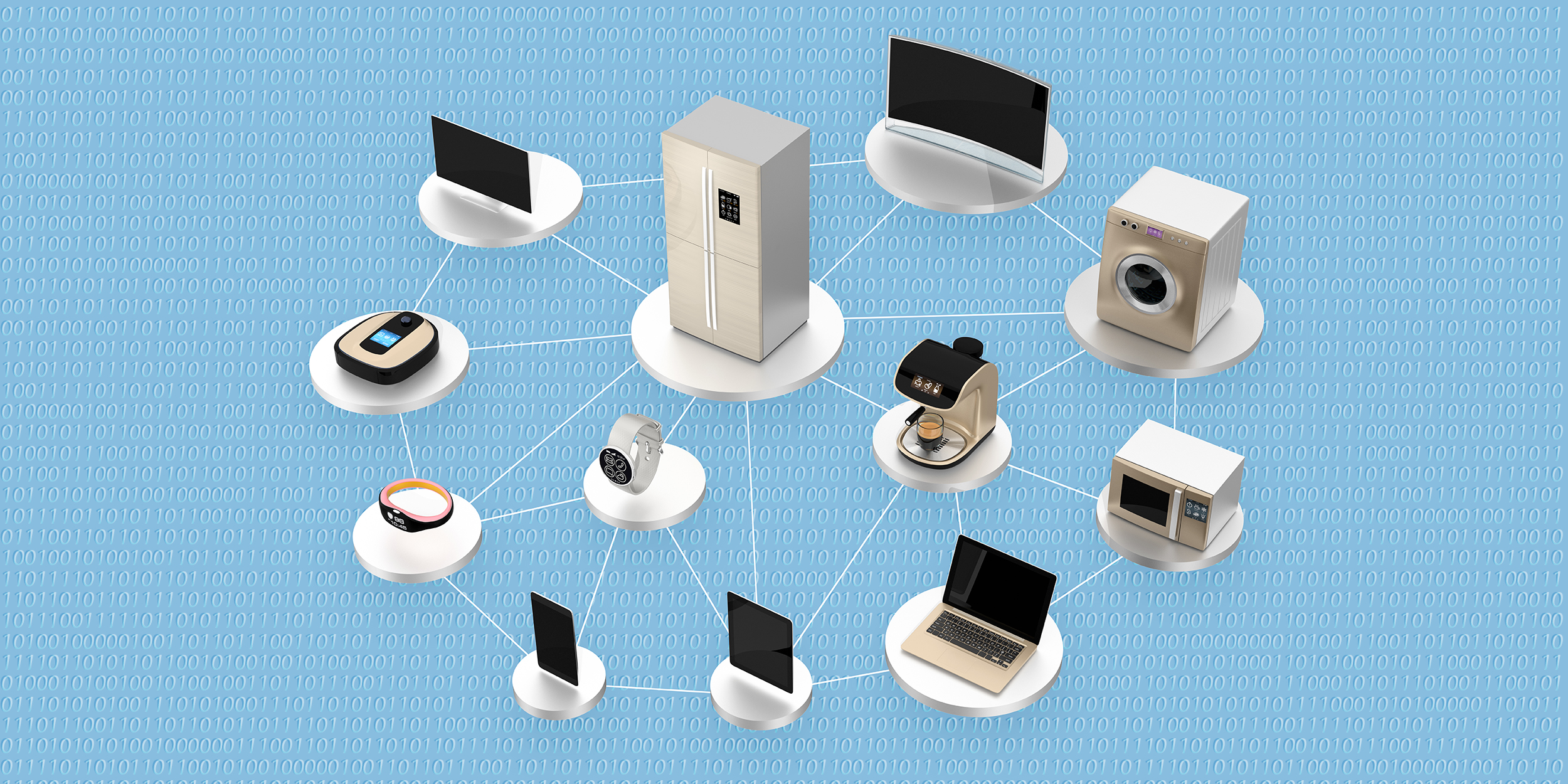Hear, hear. I’ve always regarding AV software by the usual suspects as bloatware and it’s always the first thing I uninstall on new machines that came with them. It’s ironic how the public – and shockingly some IT professionals – gives AV vendors a free pass just because they market themselves as a panacea to the malware out there.
At best, there is negligible evidence that major non-MS AV products give a net improvement in security. More likely, they hurt security significantly; for example, see bugs in AV products listed in Google’s Project Zero. These bugs indicate that not only do these products open many attack vectors, but in general their developers do not follow standard security practices. (Microsoft, on the other hand, is generally competent.)
Source: Eyes Above The Waves: Disable Your Antivirus Software (Except Microsoft’s)



